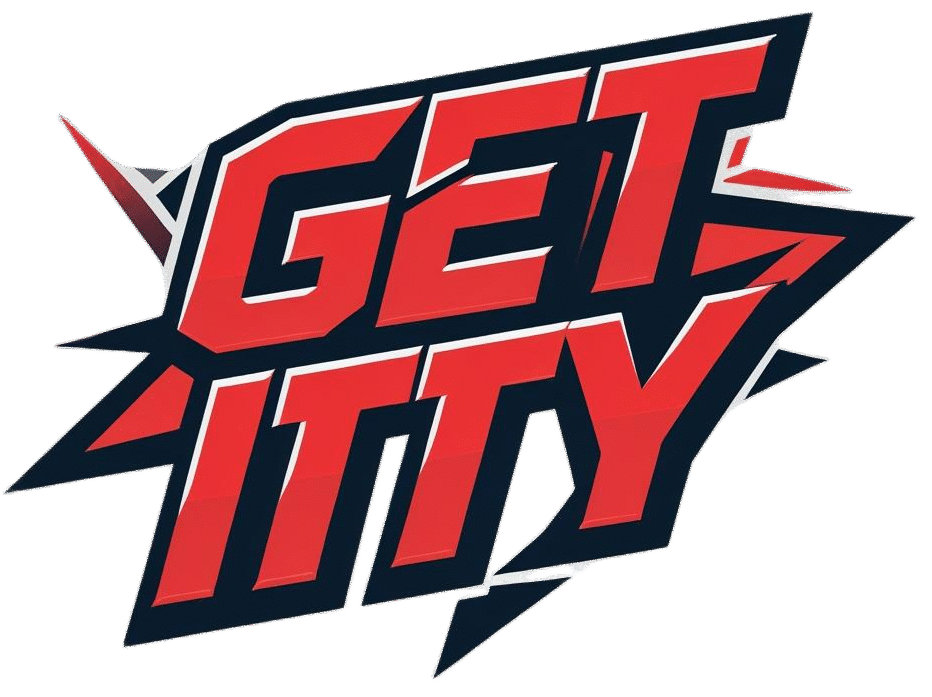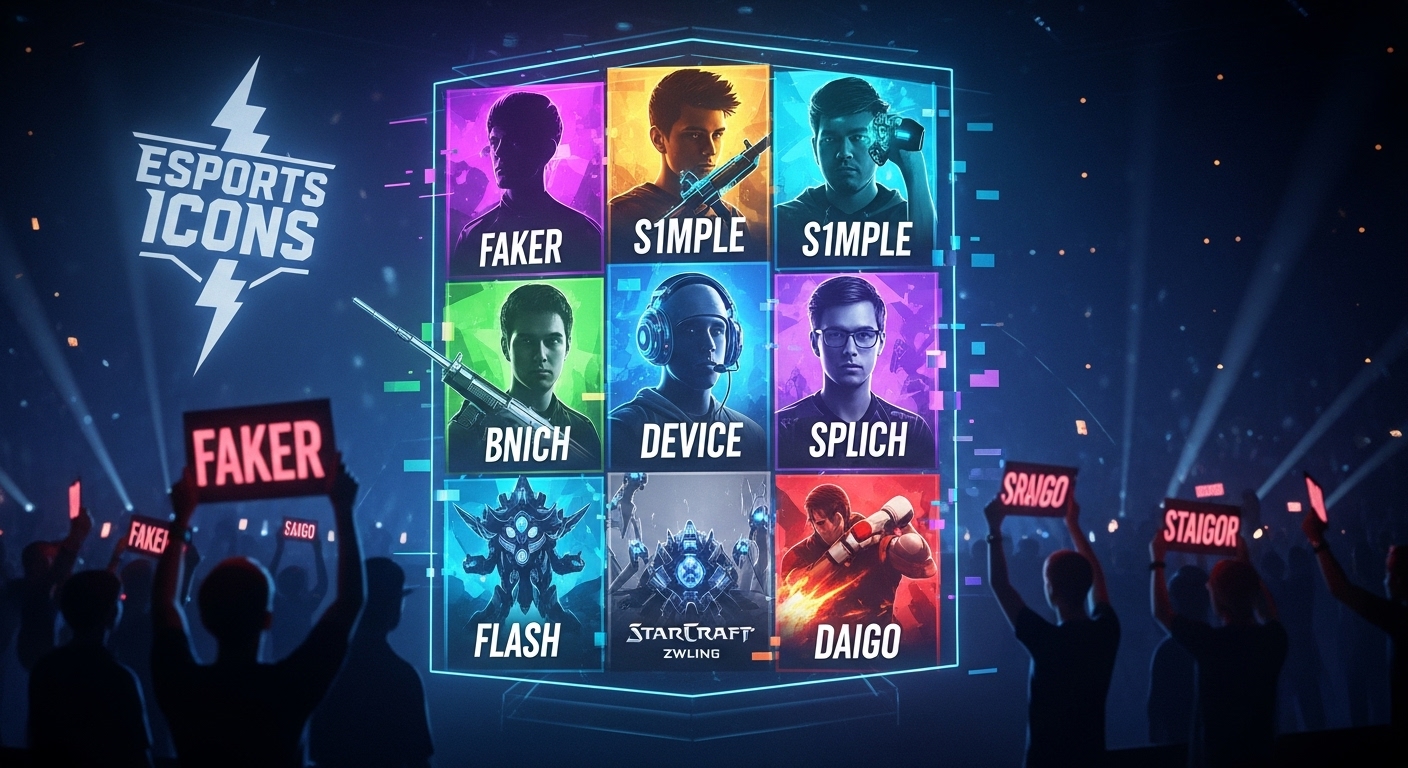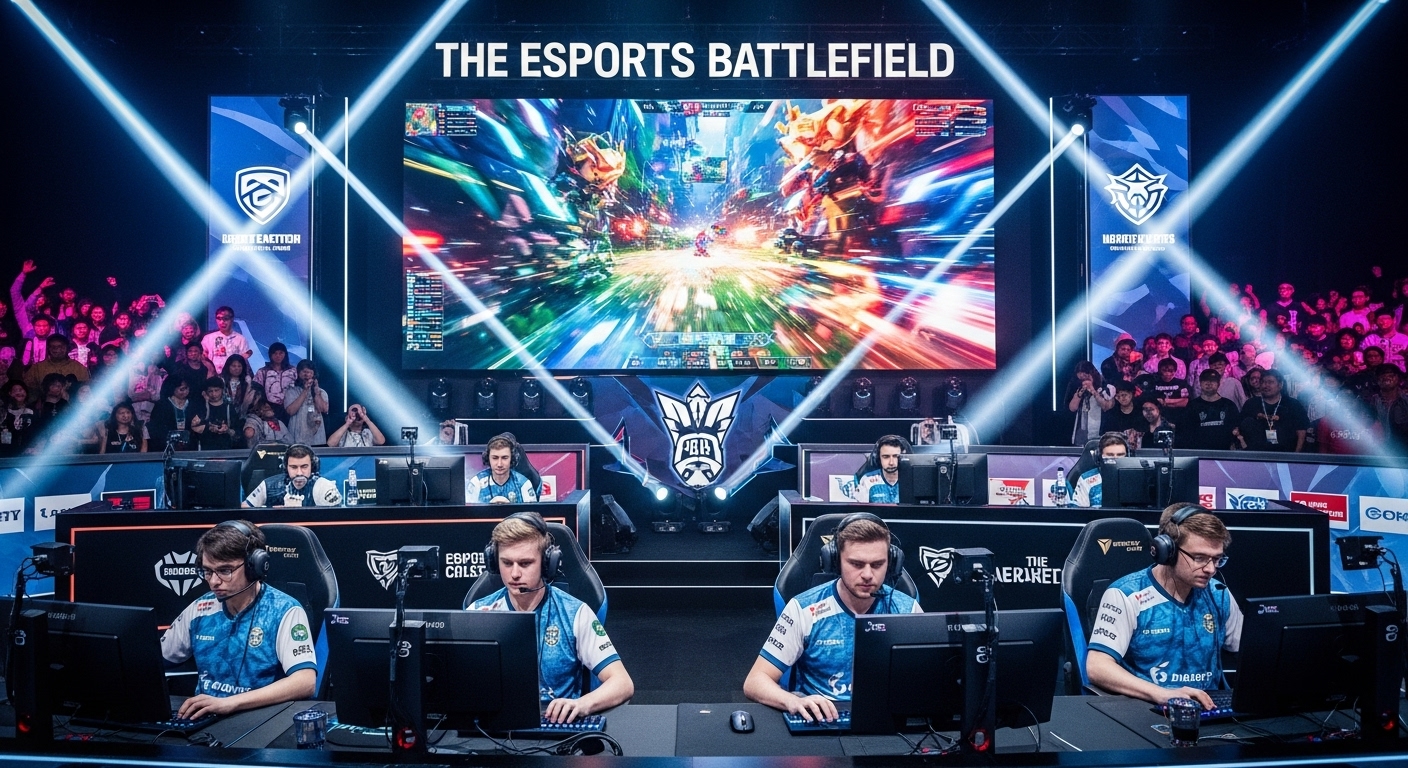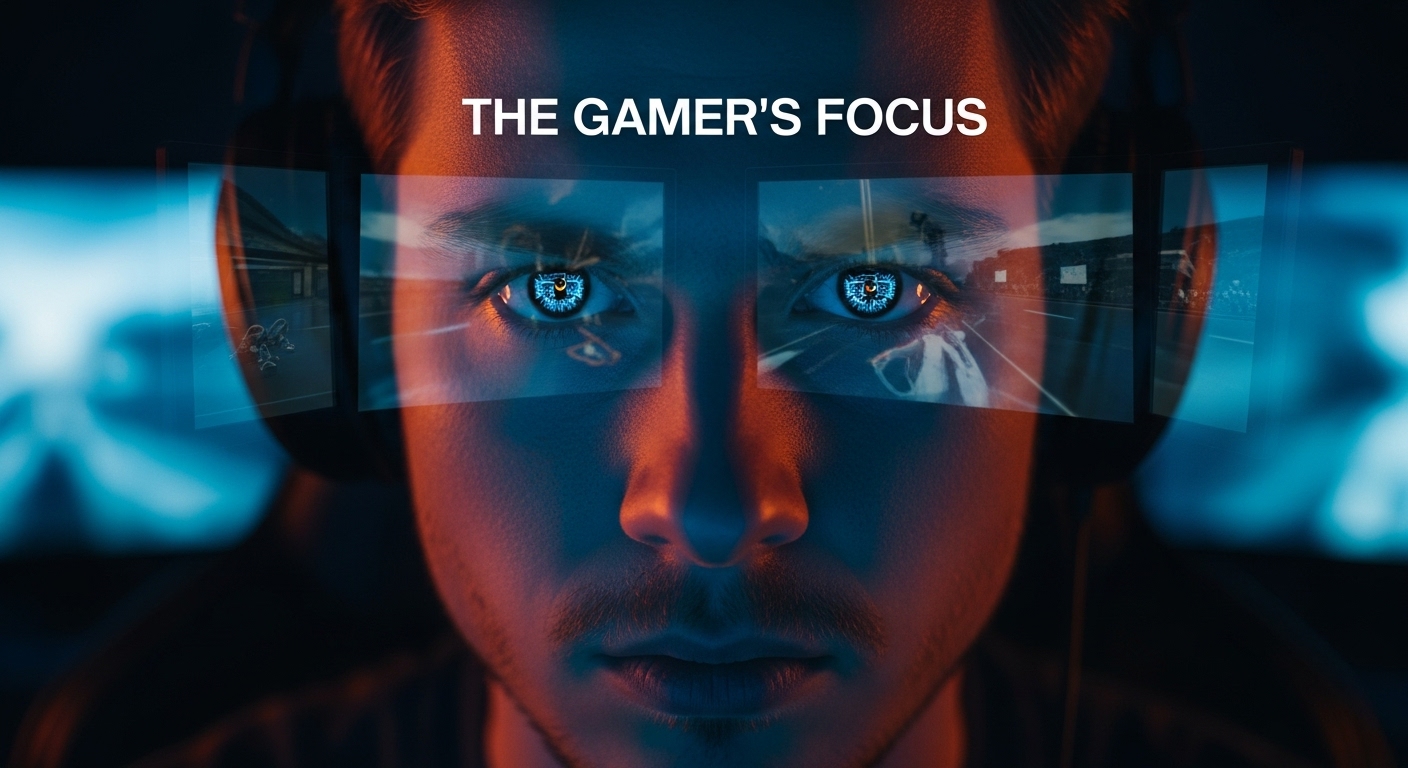Esports has evolved from casual gaming into a high-stakes, professional industry with millions of dollars in prize pools and massive global audiences. As competition intensifies, the role of coaching has become increasingly essential. While players focus on mechanics, strategy, and teamwork, coaches provide guidance, motivation, and structure. A great coach can make the difference between a team that struggles to win and one that dominates tournaments consistently.
In this blog, we’ll explore the best coaching styles in esports, examining how different approaches impact performance, team dynamics, and long-term growth.
The Importance of Coaching in Esports
Esports coaching is not just about teaching players how to aim better or optimize game settings. Modern coaching involves:
- Strategic Guidance: Developing in-game tactics, analyzing opponents, and optimizing team compositions.
- Mental Support: Helping players handle stress, maintain focus, and recover from losses.
- Team Management: Improving communication, cohesion, and coordination among players.
- Player Development: Focusing on individual growth, skill refinement, and career longevity.
Given the intense pressures of professional gaming, effective coaching can significantly enhance both individual and team performance.
1. Authoritative Coaching Style
The authoritative coaching style is defined by clear expectations, structured guidance, and decisive leadership. Coaches using this style provide firm direction while motivating players to follow strategies and maintain discipline.
Key Characteristics:
- Strong decision-making and tactical planning
- Emphasis on rules, routines, and practice schedules
- Constructive criticism to guide improvement
Benefits:
- Ensures consistency in team performance
- Helps younger or less experienced players understand professional standards
- Builds a strong sense of discipline and accountability
Drawbacks:
- Can stifle creativity if too rigid
- May create tension if players feel micromanaged
Example:
A League of Legends coach who sets specific champion picks, map strategies, and communication protocols while monitoring practice performance closely.
2. Democratic Coaching Style
The democratic coaching style emphasizes collaboration, discussion, and shared decision-making. Players have a voice in strategy, team decisions, and practice plans.
Key Characteristics:
- Encourages player input and feedback
- Builds a culture of mutual respect and ownership
- Facilitates open communication during practice and competition
Benefits:
- Fosters creativity and innovation
- Strengthens team cohesion and trust
- Players feel empowered and engaged
Drawbacks:
- Can be slower in decision-making
- May struggle in high-pressure situations that require quick tactical choices
Example:
A Counter-Strike coach discussing map strategies with players and allowing them to propose alternative approaches before finalizing plans.
3. Transformational Coaching Style
Transformational coaching focuses on inspiring and motivating players to reach their full potential, both in-game and personally. Coaches act as mentors who elevate performance through vision, encouragement, and psychological support.
Key Characteristics:
- Motivates through inspiration rather than strict rules
- Encourages personal growth and long-term skill development
- Emphasizes team culture, mindset, and resilience
Benefits:
- Creates highly motivated, self-driven players
- Enhances mental toughness and adaptability
- Encourages continuous improvement
Drawbacks:
- May lack concrete structure for immediate tactical needs
- Less effective for teams requiring strict coordination in high-stakes competitions
Example:
A Dota 2 coach fostering a positive mindset, encouraging creative plays, and helping players develop leadership skills during practice sessions.
4. Situational Coaching Style
Situational coaching is highly adaptive, where the coach adjusts their style based on the team’s needs, match context, or individual player characteristics. It combines elements from authoritative, democratic, and transformational approaches.
Key Characteristics:
- Flexibility to switch coaching methods
- Tailored strategies for different opponents or scenarios
- Responsive to player moods, confidence levels, and performance
Benefits:
- Highly effective in dynamic esports environments
- Helps teams navigate slumps or high-pressure matches
- Maximizes individual player strengths
Drawbacks:
- Requires a highly skilled coach with keen observation
- Inconsistency may confuse players if not communicated well
Example:
A Valorant coach using strict tactical guidance during tournaments but adopting a collaborative style in practice sessions to encourage experimentation.
5. Holistic Coaching Style
Holistic coaching goes beyond gameplay to focus on mental health, physical well-being, and lifestyle management. Esports athletes often face long hours of practice, high stress, and repetitive strain, making holistic coaching critical for sustainable careers.
Key Characteristics:
- Mental coaching and stress management
- Fitness and nutrition guidance
- Encourages balance between gaming, rest, and personal life
Benefits:
- Reduces burnout and improves long-term performance
- Supports overall health and mental resilience
- Promotes a positive team culture
Drawbacks:
- May be perceived as secondary to in-game tactics
- Requires additional expertise or support staff
Example:
A CS:GO coach implementing scheduled breaks, physical exercise routines, and mindfulness exercises to enhance focus and reduce fatigue.
6. Analytical or Data-Driven Coaching Style
Analytical coaching emphasizes data, metrics, and in-depth game analysis. Coaches study player performance, opponent tendencies, and statistical patterns to optimize decisions.
Key Characteristics:
- Use of video review, analytics software, and performance metrics
- Focus on measurable improvements
- Tactical adjustments based on evidence and trends
Benefits:
- Improves strategic precision and efficiency
- Identifies weaknesses and strengths systematically
- Enhances preparation for major tournaments
Drawbacks:
- Can overlook human factors like morale and creativity
- Players may feel overly scrutinized if feedback is heavily data-focused
Example:
A League of Legends analyst using replay analysis to identify mistakes in team rotations and propose evidence-backed adjustments for the next match.
Combining Coaching Styles
The best esports coaches rarely stick to a single style. Top-level coaching often combines elements of authority, collaboration, motivation, analytics, and holistic support. Adapting to team culture, player personalities, and the demands of the competitive scene is essential for long-term success.
A hybrid approach can include:
- Authoritative structure during critical tournaments
- Democratic discussions in strategy meetings
- Transformational motivation to inspire players
- Holistic support to prevent burnout
- Analytical insights for precise improvement
This flexibility ensures teams can thrive in high-pressure environments while maintaining morale, cohesion, and innovation.
Coaching Styles and Team Dynamics
Different esports titles and team compositions may require different coaching approaches:
- FPS games (e.g., CS:GO, Valorant): Often require authoritative or situational coaching due to split-second tactical decisions.
- MOBA games (e.g., League of Legends, Dota 2): Benefit from collaborative and analytical coaching because strategy, rotations, and communication are complex.
- Fighting games (e.g., Street Fighter, Tekken): Transformational and data-driven coaching can help refine techniques and adapt strategies against opponents.
- Battle Royale games (e.g., Fortnite, Apex Legends): Situational and holistic coaching helps balance creativity with endurance and focus over long matches.
Understanding the game’s dynamics and the team’s culture is critical for determining the most effective coaching style.
Developing an Effective Coaching Approach
For aspiring esports coaches, developing the right style involves:
- Knowing Your Team: Understand player personalities, motivations, and strengths.
- Being Flexible: Adjust approaches based on circumstances and performance trends.
- Prioritizing Communication: Maintain clear and constructive dialogue with players.
- Balancing Analytics and Intuition: Combine data-driven insights with human judgment.
- Supporting Mental and Physical Health: Recognize that player well-being impacts performance.
A successful coach is part strategist, part mentor, and part motivator. The best coaches inspire players to improve while fostering a positive, high-performing team culture.
Conclusion
Coaching in esports is no longer optional—it’s a cornerstone of professional success. Different styles, from authoritative to holistic, each offer unique benefits depending on the team, the game, and the competitive environment.
The most effective esports coaches combine structure, motivation, collaboration, and analytical insight to create teams that are not only skilled but resilient, adaptive, and cohesive. In a fast-paced, constantly evolving industry, coaching is the bridge that transforms raw talent into lasting success.
For players and organizations seeking excellence, understanding and implementing the right coaching style isn’t just a strategy—it’s a legacy-building tool that defines champions both on and off the virtual battlefield.



